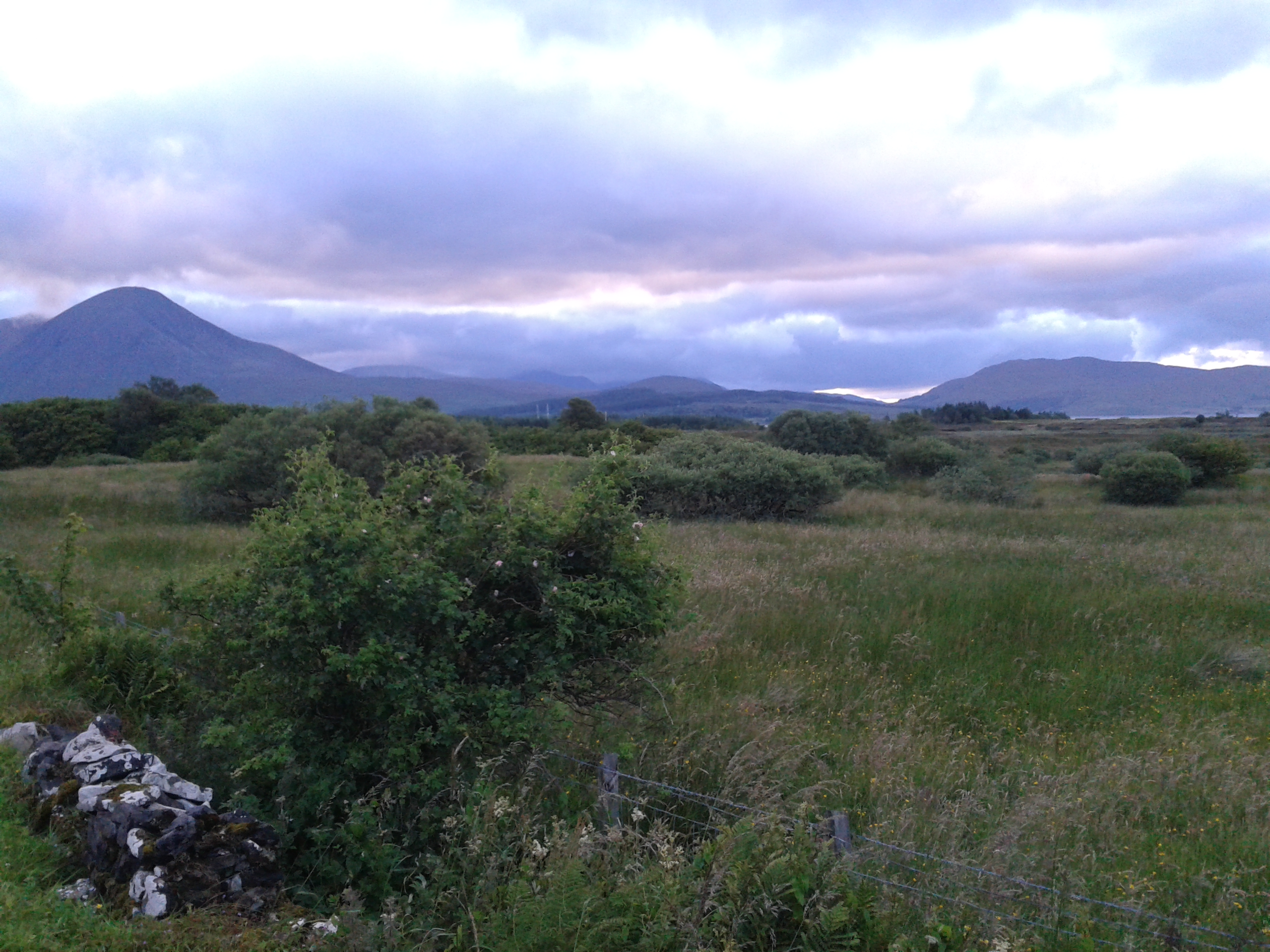 Drivers of land reform in Scotland have arisen from a national history involving key periods of land access claims and dispossession, and discussions of the ‘land question’ in Scotland continue to be emotive and politically sensitive. Over the past two decades, the Scottish Government has pursued a process of land reform involving rural and urban land use, and ownership and has sought to modernise property law and the fiscal systems that govern land ownership and management in Scotland. The purpose of land reform in Scotland maybe summarised as:
Drivers of land reform in Scotland have arisen from a national history involving key periods of land access claims and dispossession, and discussions of the ‘land question’ in Scotland continue to be emotive and politically sensitive. Over the past two decades, the Scottish Government has pursued a process of land reform involving rural and urban land use, and ownership and has sought to modernise property law and the fiscal systems that govern land ownership and management in Scotland. The purpose of land reform in Scotland maybe summarised as:
- to reduce the negative impacts of concentrated private landownership,
- to increase the diversity of landownership types and scale of landholdings,
- to increase accountability and transparency of landownership, and
- to rebalance rights of private landownership with responsibility.
The Scottish Government’s target of becoming a net-zero society by 2045 will require significant change in land use and land management practices. There are calls for considerable woodland expansion and the restoration of peatlands as important carbon sinks. As a result, there has been a recent rise in companies and individuals seeking to buy land in Scotland to benefit from the ‘offsetting’ potential of the land resource.
This project will provide new knowledge to inform Scottish Government policy development regarding land reform, community land ownership and engagement in land use decision-making, as well as increasing understanding of the role of land ownership and land reform in achieving net zero emissions and reversing biodiversity decline in Scotland. This project will build understanding of Scottish land reform processes and outcomes that can contribute to wider global land issues requiring urgent attention. It will seek to advance social theory on community empowerment, social justice, and the potential for progressive property rights in Scotland. The research team comprises researchers from the James Hutton Institute and Scotland’s Rural College.
The project aims to develop a transdisciplinary, deliberative, knowledge exchange process to determine a new ‘land imaginary’, as well as an action plan to inform the implementation of land reform policy objectives. It also seeks to build consensus and facilitate social learning between and within Scotland’s landownership and land use sector, and to integrate knowledge types to support future land reform policy development. The project adheres to an open science approach, involving non-scientists throughout the research process. The project will work closely with a stakeholder advisory group throughout the ‘Scotland’s Land Reform Futures’ project. Minutes of the stakeholder advisory group meetings will be published on this project webpage, as well as links to project outputs and other project updates.
The research project started in April 2022 and will conclude in March 2027. Key activities within this research project will include:
- Technical, institutional, and social feasibility studies to inform the development of a land information dataset to maximise the efficiency and efficacy of community and landowner engagement with the Scottish land reform process and future land use decision-making.
- Citizen science and participatory mapping methods to provide community data sourcing regarding land ownership and change over time, tenure, vacant and derelict land, potential capabilities/assets/liabilities, and perceived land values.
- An extensive literature and policy review will define a conceptual framework/typology of what is meant by ‘land tenure models’, and therefore examine what could be considered alternative/potential to those that already exist or are predominant in Scotland.
- Qualitative multi-scale case studies will examine fit between current land reform legislative pathways, informal land reform effects, and wider Scottish Government policy goals (i.e. including supporting local governance, net zero carbon, food security, and post-Covid recovery), seeking to untangle the interconnections between property rights, access to land, and land use outcomes.
- Case studies of community access to and use of land will consider the purpose and outcomes of community land ownership, and change over time to place-based communities, regions, and wider public interest.
- Valuation methods and impact evaluation methods using public questionnaires will seek to enhance understandings of the impact of land reform on ‘new’ values of land.
- Desk-based studies and in-depth interviews will build understanding of who is involved and how decisions about land management relating to biodiversity are made, and the interaction between land tenure and biodiversity outcomes.
- Recruitment of a stakeholder advisory group from project outset to co-construct the research, provide access to networks, case studies, and support open science, as well as input expert opinions (e.g. cultural, fiscal, and legal). The stakeholder advisory group will also: (i) host an international land reform symposium; (ii) participate in scenario planning to develop an action plan for Scotland’s land reform future.
Find out more about the project work packages, research activities and methodologies in the project overview. Details of the project team and expertise can be found here, as well as the Stakeholder Advisory Group. Research project updates and publications will also be shared via this website. Please don’t hesitate to contact us if you would like any further information.
